Coronavirus: Trial shows tested drugs have no impact on mortality rates
A major clinical trial by the World Health Organisation into the effects of four repurposed drugs to treat COVID-19 has found none of them effect mortality rates.
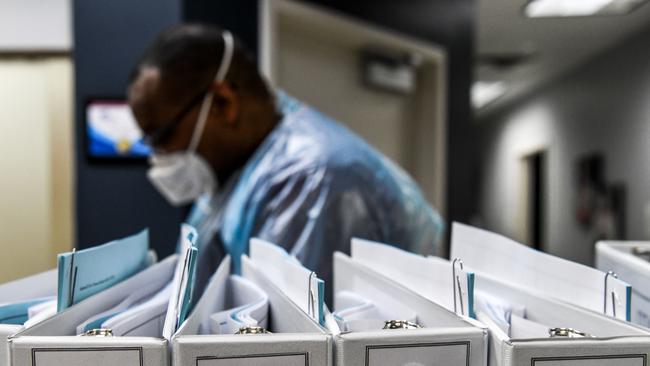
A major clinical trial by the World Health Organisation into the effects of four repurposed drugs to treat COVID-19 has found none of them has any effect on mortality rates.
The Solidarity Therapeutics Trial reported results from studies examining the effect of the antiviral drugs remdesivir, the antimalarial hydroxychloroquine, the HIV drug lopinavir and the auto-immune drug interferon, with the results published by the preprint server medRxiv on Friday.
The trial began six months ago and involved 11,266 COVID-19 patients in 450 hospitals in 30 countries.
“These remdesivir, hydroxychloroquine, lopinavir and interferon regimens appeared to have little effect on in-hospital mortality,” the study found.
The drugs also had no effect on the need to ventilate patients.
Remdesivir was one of the drugs used recently to treat US President Donald Trump, and was one of the first drugs given provisional approval as a COVID-19 treatment by the Therapeutic Goods Administration in Australia. Remdesivir is administered to those hospitalised with COVID-19 in Australia.
The drug was developed by US biotech Gilead Sciences as an antiviral to fight Ebola. Results from previous clinical trials found that it reduces a patient’s average recovery time from 15 to 11 days but those studies have also found no effect on mortality.
The Solidarity trial’s findings on hydroxychloroquine are in line with other major clinical trials that have found the drug is ineffective in reducing mortality rates. However, the drug’s treatment as a preventative is still being studied and has not been ruled out.
The only drug for which strong evidence of efficacy in treating COVID-19 has yet been produced is the corticosteroid dexamethasone. In June, the RECOVERY trial involving every hospital in Britain reported that dexamethasone markedly reduced mortality rates in patients suffering severe COVID-19. In those who were receiving supplemental oxygen, the preprint study found death rates were reduced by 20 per cent in those who took the drug, and in those requiring invasive ventilation, mortality rates were reduced by an impressive 35 per cent when dexamethasone was administered.
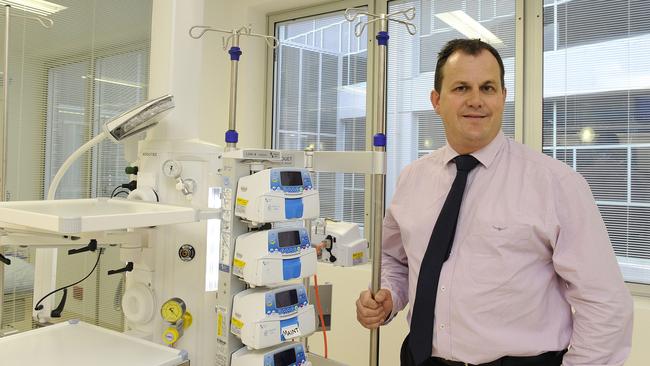
Reacting to the Solidarity trial results, Australian experts said the findings on hydroxychloroquine and lopinavir were unsurprising, but the lack of efficacy of remdesivir was particularly disappointing.
Ian Seppelt, a senior specialist in Intensive Care Medicine at Nepean Hospital in Sydney, said doctors should move away from the experimental use of repurposed drugs.
“These findings highlight again the crucial importance of proper randomised controlled trials, rather than ‘compassionate use’ or other random use of medications,” Professor Seppelt said.
“It is now time to stop spending resources studying these drugs and to move on to robust, well-designed trials of new agents, including preparations of antibodies which have yet to be properly evaluated.”
Phillip Reece, an honorary senior fellow in the Department of Pharmacology and Therapeutics at the University of Melbourne, said despite the disappointing results of the studies, administering antiviral drugs early, soon after infection, may still have some benefit.
“Experience with influenza antivirals has shown that treatment needs to be started within 48 hours of the first symptoms for a benefit to be seen,” Dr Reece said. “Participants in the Solidarity COVID-19 trial may have had symptoms for several days before being hospitalised and this could well reduce the chance of seeing any benefit.”


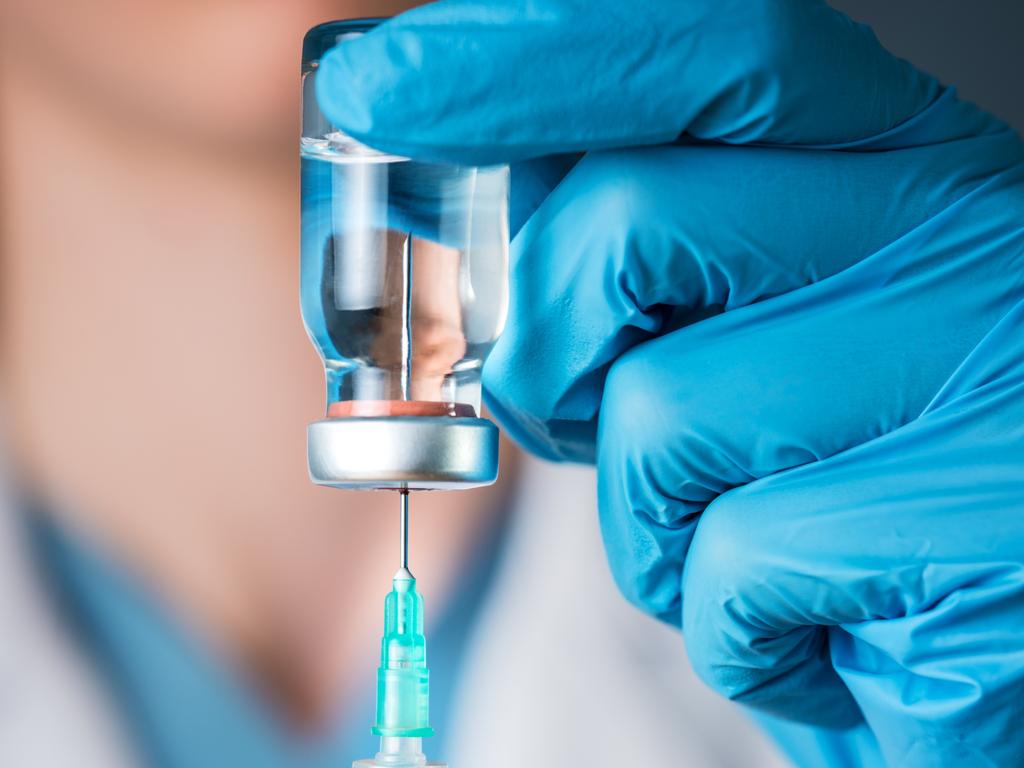
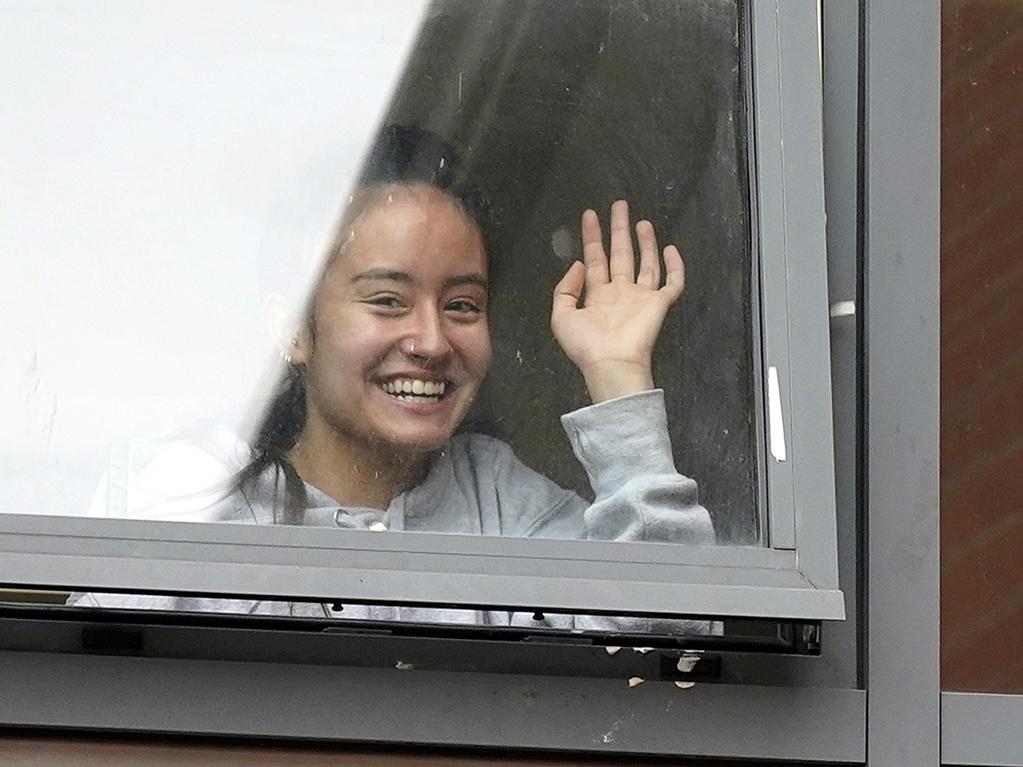
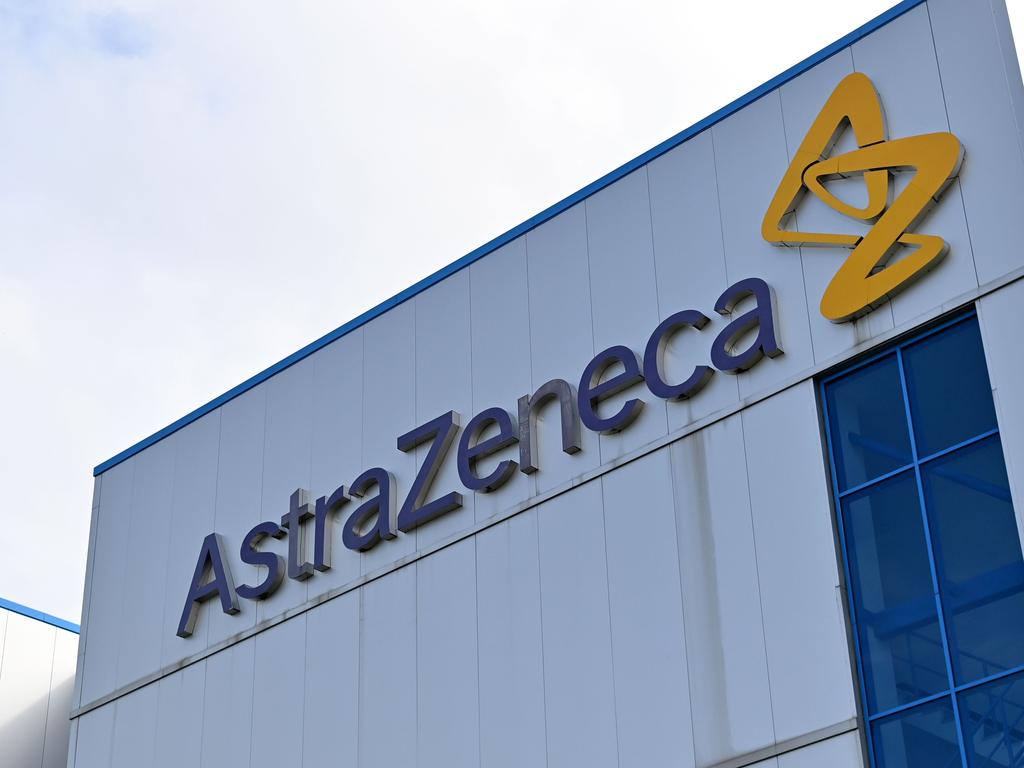
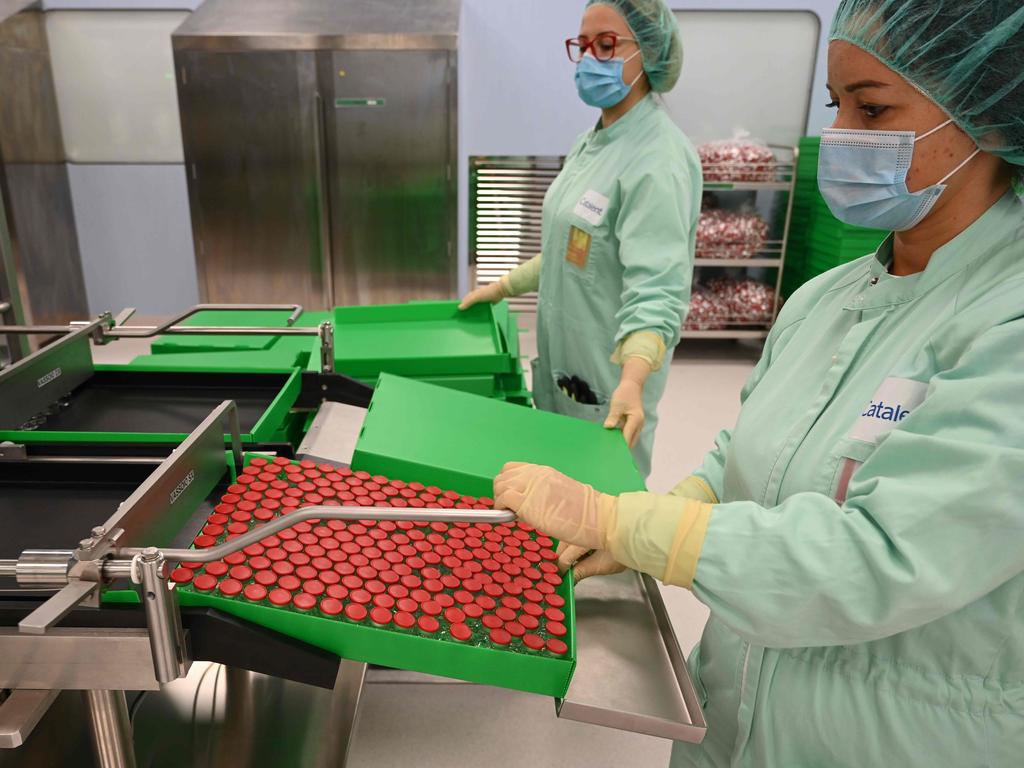


To join the conversation, please log in. Don't have an account? Register
Join the conversation, you are commenting as Logout